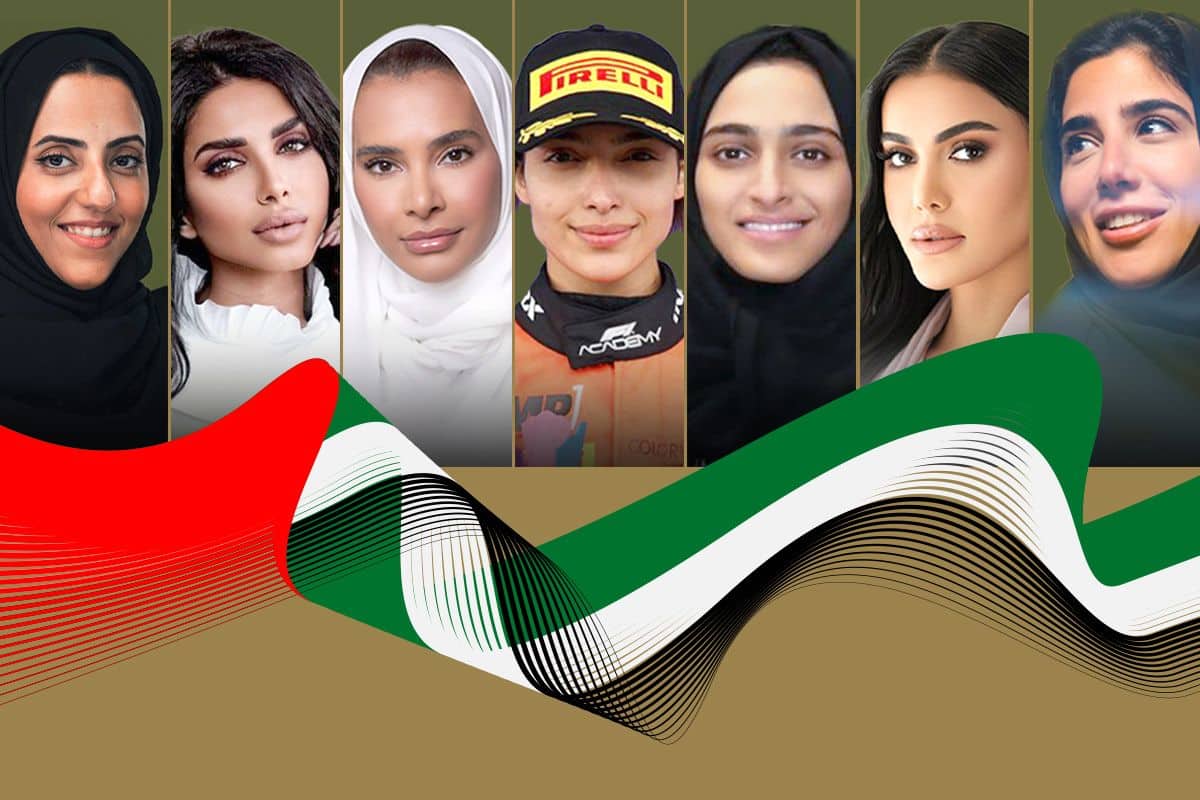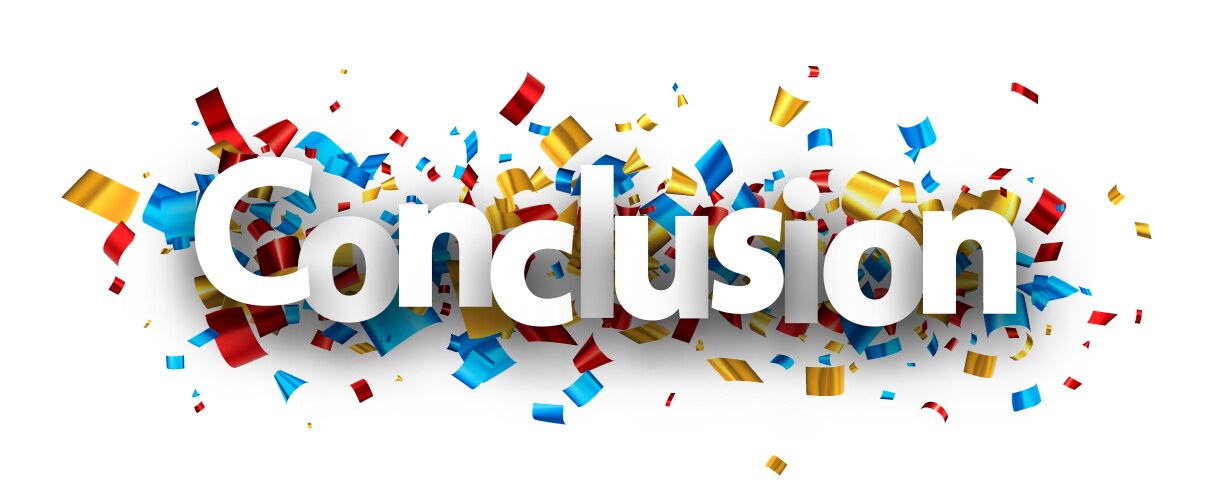"How Dubai is Reshaping the Narrative Around Women’s Rights"
Dubai, a global metropolis renowned for its rapid development and modern infrastructure, has frequently been a focal point in discussions surrounding women's rights in the Middle East. As part of the United Arab Emirates (UAE), Dubai's approach to women's rights is shaped by a unique blend of Islamic principles, cultural traditions, and progressive policies geared toward modernization. While significant strides have been made in advancing women’s roles in education, business, and leadership, challenges persist in achieving full gender equality. This article delves into the state of women’s rights in Dubai, examining progress, legal frameworks, societal attitudes, and future opportunities.
Historical Context: Women in Dubai and the UAE
Historically, the role of women in Dubai was predominantly defined by cultural and religious norms, emphasizing family responsibilities. In the pre-oil era, women played crucial roles within households and contributed to subsistence economies, including pearl diving and farming.
The discovery of oil in the mid-20th century revolutionized Dubai's economic landscape, ushering in an era of modernization and socio-economic transformation. This shift brought about changes in education, employment, and women’s rights, as the government prioritized development and aligned with global trends.
Legal Framework and Institutional Support
Constitutional Protections
The UAE Constitution guarantees equal rights for all citizens, including women, under Article 25. It promotes gender equality in areas such as education, employment, and legal protection. However, the implementation of these rights is often influenced by Islamic law (Sharia), which forms the basis of personal status laws in Dubai.
Personal Status Laws
Personal status laws govern critical aspects of women’s lives, including marriage, divorce, child custody, and inheritance. While these laws are derived from Sharia, Dubai has introduced reforms to address gender inequalities:
- Marriage and Divorce: Women have the right to seek divorce, although the process is more complex compared to men. Recent reforms have granted women greater autonomy in initiating divorce proceedings.
- Child Custody: Mothers are typically awarded custody of children until a certain age, with fathers retaining guardianship rights.
- Inheritance: Inheritance laws still favor men, with women often receiving smaller shares of family assets.
Labor Laws
Dubai has implemented labor laws aimed at fostering gender equality in the workplace:
- Women are entitled to equal pay for equal work.
- Gender-based discrimination is prohibited.
- Maternity leave benefits and workplace protections have been expanded to support working mothers.
Anti-Discrimination Laws
The UAE introduced the Anti-Discrimination Law in 2015, which prohibits discrimination based on gender, religion, or ethnicity. This law provides a framework for addressing gender biases in both public and private sectors.
Education and Professional Achievements
Education
Dubai has made remarkable progress in women’s education:
- Female literacy rates are nearly universal, and women constitute the majority of university students in the UAE.
- Women excel in fields such as medicine, engineering, and law.
- Initiatives like scholarships and mentorship programs encourage women’s participation in STEM (Science, Technology, Engineering, and Mathematics) fields.
Workforce Participation
Women in Dubai contribute significantly to various sectors, including business, government, and technology. The government has introduced initiatives to increase female workforce participation:
- Entrepreneurship Programs: Women are supported through business incubators and grants to start their ventures.
- Leadership Opportunities: Women hold prominent positions in both government and private sectors, with half of the UAE Federal National Council being women.
Barriers to Employment
Despite these advancements, women face challenges in the workplace, such as:
- Social expectations that prioritize family roles.
- Limited representation in certain industries, such as construction or heavy engineering.
- Gender biases in hiring and promotion practices.
Societal Attitudes and Cultural Norms
The Role of Religion and Tradition
Islam plays a significant role in shaping societal expectations for women. While many Islamic teachings emphasize respect and protection for women, interpretations of these teachings can sometimes restrict women’s autonomy.
Modernization and Changing Norms
Dubai’s rapid modernization has fostered greater acceptance of women in public and professional roles. The city’s cosmopolitan nature and influx of expatriates have also contributed to evolving attitudes toward gender roles.
Challenges in Social Perceptions
- Women may face societal stigma for pursuing non-traditional roles or lifestyles.
- Pressure to conform to conservative dress codes and behaviors remains a concern for some women.
Key Areas of Progress
Political Representation
Dubai has made significant strides in empowering women politically:
- Women hold key positions in the UAE Cabinet, managing portfolios like climate change, youth affairs, and tolerance.
- Female judges and prosecutors are becoming more common, challenging traditional gender norms.
Entrepreneurship and Innovation
The government actively supports female entrepreneurs:
- Programs like She Leads and the Dubai Business Women Council provide resources and networking opportunities.
- Women-owned businesses are flourishing in sectors such as e-commerce, fashion, and technology.
Arts and Culture
Women in Dubai are making significant contributions to the arts, literature, and media:
- Female filmmakers, writers, and artists use their platforms to address gender issues and promote cultural understanding.
Persistent Challenges
Legal Gaps
While reforms have been made, certain laws still reflect gender biases, particularly in personal status matters.
Workplace Inequality
- Despite legal protections, the gender pay gap persists in some industries.
- Social expectations often limit women’s career growth.
Social Freedom
- Mandatory dress codes and societal scrutiny limit women’s freedom of expression.
- Issues such as harassment and domestic violence are underreported due to stigma.
International Perspective and Global Influence
Dubai’s progress in women’s rights has garnered global recognition, though international organizations continue to advocate for further reforms:
- The UAE ranks favorably in global gender equality indexes compared to other countries in the region.
- Partnerships with organizations like UN Women have helped align Dubai’s policies with international standards.
Future Directions and Opportunities
Legal Reforms
- Family Law Revisions: Continued efforts to align personal status laws with principles of gender equality.
- Workplace Protections: Strengthening enforcement of anti-discrimination laws.
Cultural Shifts
- Awareness Campaigns: Promoting awareness of women’s rights among both men and women.
- Role Models: Highlighting successful women in leadership roles to inspire future generations.
Technology and Innovation
- Digital Platforms: Empowering women through access to online education and remote work opportunities.
- Startups: Encouraging women to lead in emerging sectors like fintech and renewable energy.
Global Collaboration
- Policy Exchange: Learning from best practices in countries with strong gender equality records.
- Advocacy: Engaging with international forums to champion women’s rights in Dubai and beyond.
Conclusion
Women’s rights in Dubai are emblematic of a complex interplay between tradition, religion, and modernization. While the city has made significant progress in areas like education, employment, and political participation, challenges remain in achieving full gender equality.
As Dubai continues to evolve as a global hub of innovation and culture, the empowerment of women will be integral to its success. Addressing persistent inequalities and fostering inclusivity can position Dubai as a model for advancing women’s rights in the region and the world.
The road ahead requires collective effort from policymakers, activists, and society as a whole. With sustained commitment, Dubai has the potential to ensure that its women thrive as equal contributors to its extraordinary growth story



